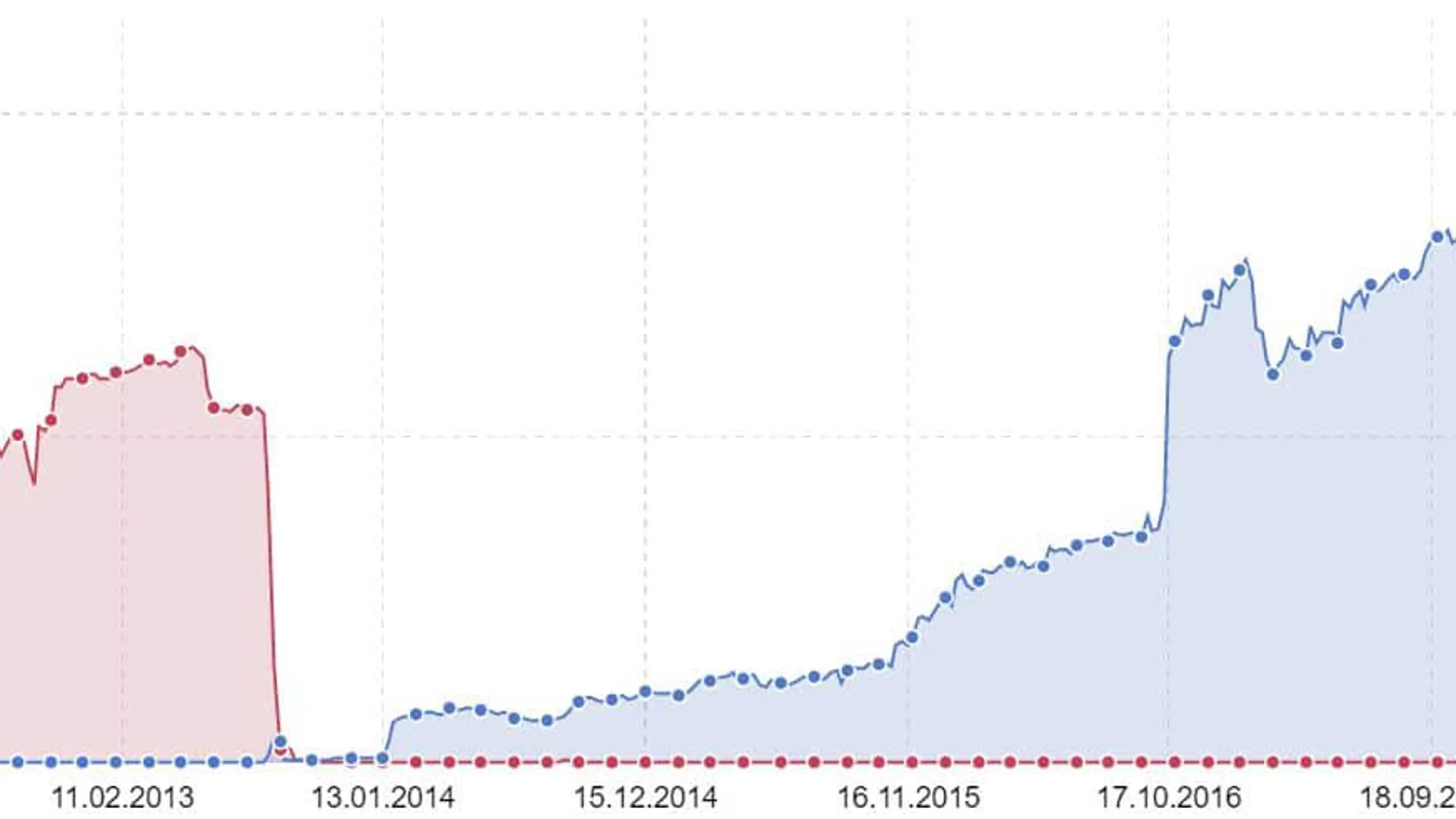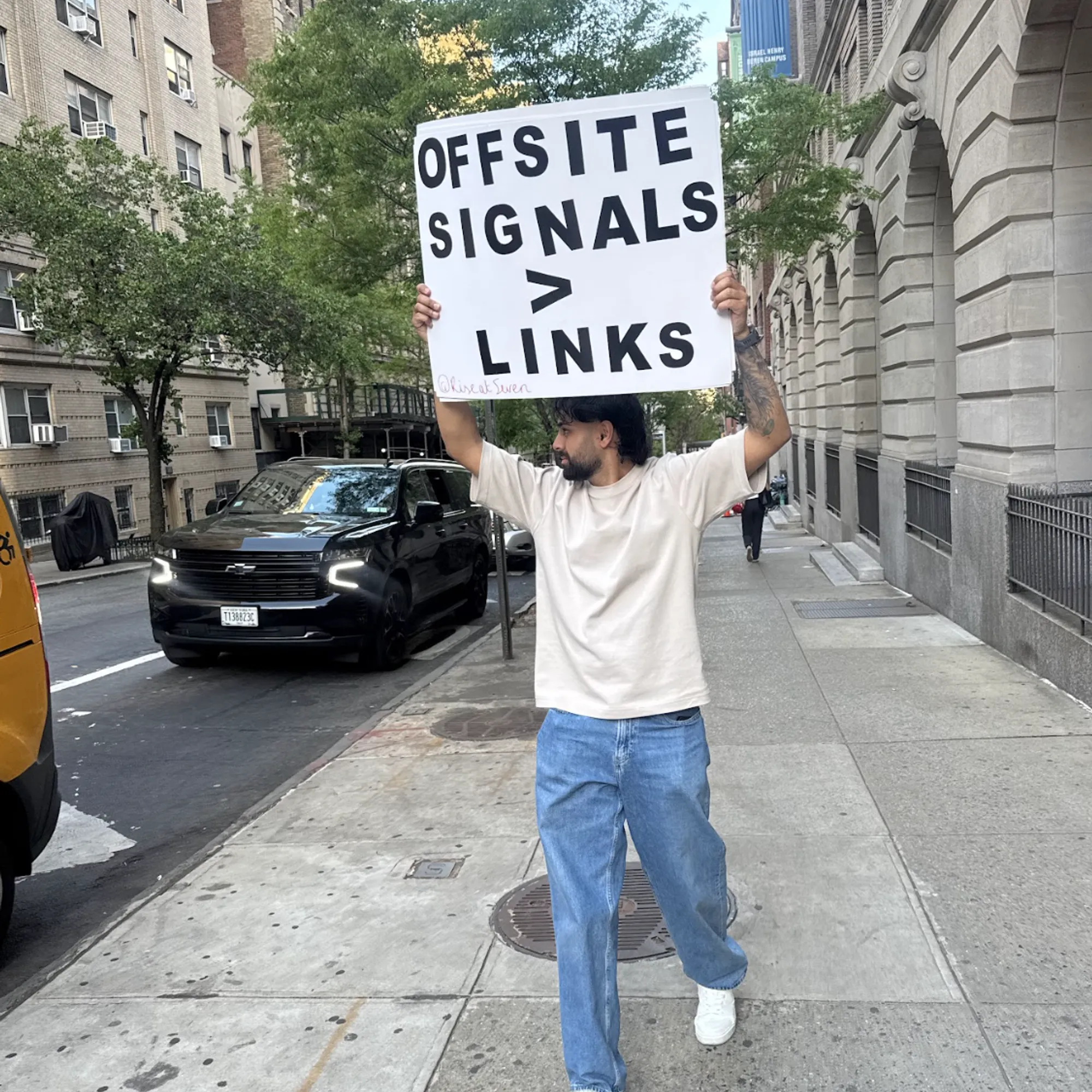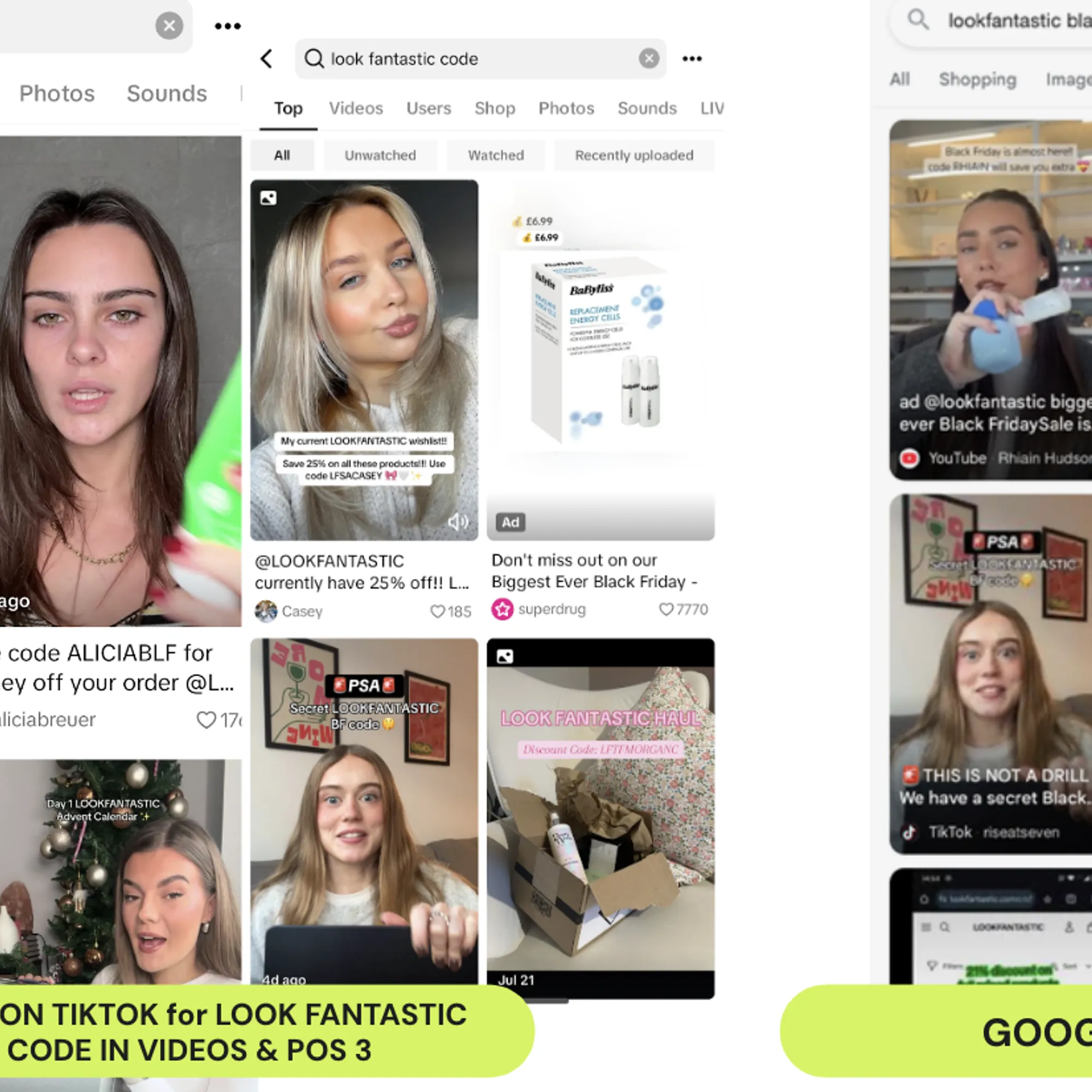
Why link reclamation after a site migration is pointless

When a website’s URLs change during a site migration (moving from http to https, for example), it’s common practice to contact sites with links pointing to your old URLs and ask them to amend, repointing them to your new URLs.
This should stop!
The tactic originated as a result of the damping effect inherent in the PageRank algorithm – both the algorithm and the damping effect are explained in detail here
1. You're going to damage your company's relationship with journalists
Journalists are time poor and some publications expect them to publish upwards of 6 articles pieces per day – changing a link in an old piece doesn’t count towards that quota.
You also run the risk of coming across as a spammer (think about all the guest blogging services you get pitched yourself), being blocked or having your emails directed to their junk folder...and remember that when your email is blocked or sent to junk it’s that much more likely that all your colleagues’ future emails will end up there too. It's up to you to outreach responsibly or expect that emails from your business will never reach anyone on that domain again.
To be clear, asking a journalist to turn a mention into a link or to change a link immediately after you've earned coverage isn't the same thing. James Brockbank has written a good guide on how to do this effectively.
2. You're getting 0.70 of the value of a link you already had or 0.0 from the links you didn't
You’ve probably heard of the Pareto principle, or the 80-20 rule, so instead of a Wikipedia link here’s a great read on how it applies to baseball. Basically, it takes 80% of the effort to get the last 20% of the value. Get the link, move on.
After a migration, you can spend a lot of time and money trying to squeeze a little extra value from links you already have, or you can spend a comparable amount of time and money creating new value from new links.
3. Your success rate will be low
I have contacted journalists to re-point links this in the past (and I’m sorry). Readers who work in PR know that open rates can be pretty low when you don't have a strong story, and success rates are even lower. My biggest success rates have come when I’ve used the request as an opportunity to generate a new link. Here's an example:
Case study: pros and cons of link reclamation
Way back in 2013, an agency had run a creative content marketing campaign for a client I started working with in 2015. The campaign was beautiful, won lots of awards and got lots of links.
Initially, the links were great but, by 2015, the page was acquiring 20 links per day on average, mostly from scrapers and Tumblr sites. Maintaining a disavow file was time consuming. The page was also the most visited on the website, ahead of the homepage, with traffic coming mainly from Japan and Russia. This was costing our client thousands in server bandwidth too.
The strategy
We decided to move the asset to a different URL (in this case from /secret-door/ to /the-secret-door/ - in the clients words, suggestions like this are "why they pay me the big bucks"). Although it would be possible to simply block traffic coming to the site from countries like Japan and Russia; we'd still have to find a solution to the site's backlink issues, which included a historic manual action and a then-current Penguin algorithm problem.
So, we found the contact details for the authors or IT support behind our 100 best links and emailed them asking for an edit to their page to change the link to our new URL.
The previous URL would 404 so, unlike reclaiming links following a successful site migration using 301 (permanent) redirects, it would no longer be possible to access the target page via the link unless it was changed.
The results
7 of our top 100 links were ultimately re-pointed to the new URL. The majority of these resulted from a second round of contact via IT support/help email addresses after the original URL was taken down, rather than the journalists themselves.
Our biggest win was setting up an interview between the client and Digiday, explaining why we were moving the campaign in the first place.
Acquiring new links would have been a much more valuable use of that time.
If we encountered the same problem today, we’d first explore blocking traffic from Russia and Japan using a CDN (Safestyle were using Akamai, which might have made this possible) or blocking offending IP addresses using .htaccess.
Many people view link reclamation as a quick win following a site migration; often it's done just because it's considered best practice. It's neither of these things. Our rule would be: if it's been more than a couple of days since a link went live, the window has probably shut and you should move onto something that could add more value.
















